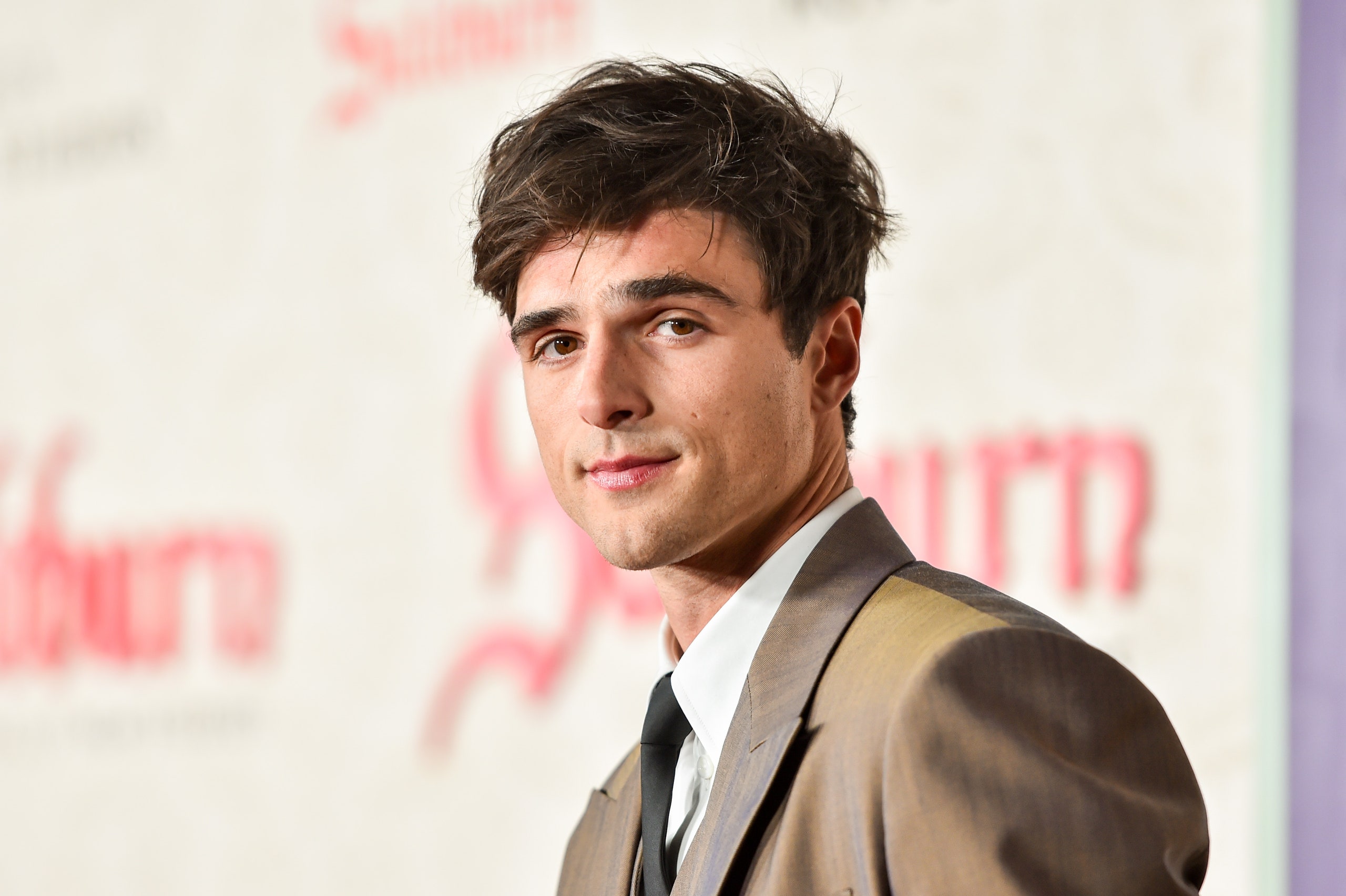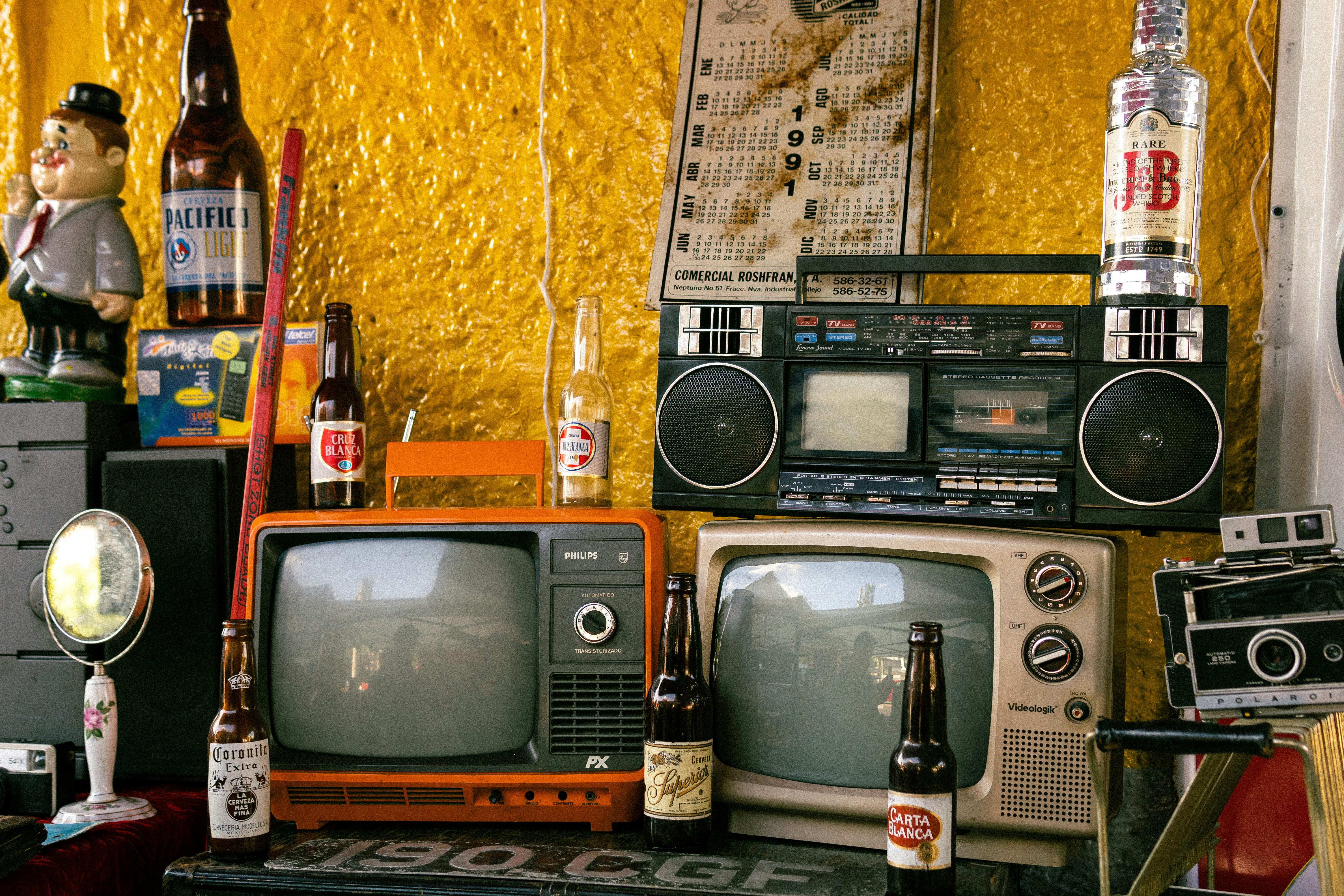Jacob Elordi aveva solo 3 settimane tra le riprese di 'Saltburn' e 'Priscilla' | Vanity Fair

Di Rebecca Ford
All'inizio, Jacob Elordi non era così sicuro di riuscire a recitare in due film importanti di seguito dopo essere stato contemporaneamente scelto per Priscilla di Sofia Coppola e Saltburn di Emerald Fennell.
L'attore australiano, famoso per il suo ruolo di primo piano in Euphoria, ha finito per girarli a sole tre settimane di distanza, dirigendosi prima nel Regno Unito per Saltburn, in cui interpreta un ricco studente di Oxford di nome Felix che invita un compagno di classe meno popolare (Barry Keoghan) nella sua sontuosa tenuta estiva. Si è poi trasformato nel Re del Rock and Roll per Priscilla, che racconta la complicata relazione tra Elvis e Priscilla Presley (Cailee Spaeny).
Se i ruoli hanno qualcosa in comune, è il fatto che Elordi è affascinante in entrambi. Salta agilmente dal ruolo di un ragazzo britannico di classe nel 2006 a quello di un'icona della musica americana negli anni '60. Quasi ti fa dimenticare che Elordi, come si può sentire nel suo intervista a Little Gold Men, è australiano.
Priscilla e Saltburn, entrambi attualmente al cinema dopo il debutto ai festival, stanno ottenendo attenzione e riconoscimenti per Elordi, ma non importa dove lo porterà il cammino da qui, l'attore dice che la sfida enorme di questi progetti di seguito lo ha trasformato. "Ho dovuto scalare questa gigantesca montagna, e c'è questo momento in cui la superi e ci riesci, e poi alle persone è piaciuto", dice. "Penso di aver acquisito... forse la parola sbagliata è fiducia, ma la userò. Mi sento molto più sicuro di me stesso. Sento che ciò di cui penso di essere capace è stato in qualche modo confermato a me stesso, e spero di non perdere tutto questo".
Vanity Fair: Pensi che questi due ruoli abbiano qualcosa in comune?
Jacob Elordi: È una domanda divertente. Ho girato Priscilla tre settimane dopo Saltburn. Quindi sono stranamente entrambi mescolati nella mia testa perché giravo tutto il giorno a Londra, e poi tornavo a casa nella mia caverna di Elvis, che era la mia stanza d'albergo, che era piena di foto di Priscilla. Ma penso che, a parte il fatto che entrambi hanno una casa enorme tra Saltburn e Graceland, non sono sicuro che Felix abbia troppo di Elvis Presley al suo interno.
È difficile per te lasciare andare uno e passare immediatamente all'altro? Hai bisogno di più di tre settimane, nel mondo ideale?
Penso che il breve periodo di tempo sia ciò che ha funzionato per me nella mia testa. Se avessi avuto troppo tempo per pensarci, sarei stato in difficoltà perché avrei analizzato troppo la cosa. Dovevo parlare con l'accento britannico in Saltburn, quindi ho potuto perderlo molto rapidamente quando ho assunto l'accento di Memphis. Ma avendo solo tre settimane, non ho avuto molto tempo per preoccuparmi. Ma all'epoca, prima di iniziare entrambi, pensavo che sarebbe stato impossibile perché li avevo ottenuti quasi contemporaneamente.
Saltburn
Saltburn è divertente da guardare con il pubblico perché è viscerale, e ci sono momenti in cui si può percepire la reazione del pubblico. Com'è per te guardare quel film con il pubblico?
Sono riuscito ad entrare di nascosto in una proiezione nel mio paese natale ed è stato incredibile. Non ero così coinvolto in un film da quando forse ho visto il primo dei nuovi film di Star Wars al cinema. E' stato un po' surreale vedere Saltburn perché non c'era nessuna IP o nulla del genere. È una nuova storia, e vedere le persone coinvolte nelle trame e sentirle sussultare, urlare e sentire le persone nella scena della fogna dire: "No, no, no, no, no, no, no, no, no, no."
Perché hai pensato che Felix sarebbe stato un personaggio interessante da interpretare?
Ho incontrato Emerald un paio di anni fa, a Los Angeles, e abbiamo avuto un incontro generale e lei era così vaga su quale fosse il film. Ero così incuriosito. E poi ho ricevuto la sceneggiatura e ho capito che dovevo farne parte. Così sono capitato nel Regno Unito un paio di mesi dopo e ho avuto l'opportunità di fare un provino per Emerald, che è stato il mio primo provino al di fuori dei tempi del COVID. È stato il primo che ho fatto dopo, quindi è stato terribilmente agghiacciante. Mi ha fatto tornare a quello che era la recitazione, quello che significa davvero essere nella stanza e lavorare per un ruolo.
Ho parlato con Emerald in questa intervista, e lei ha specificamente detto che hai portato qualcosa che molti degli altri attori che hanno fatto il provino non avevano, dove Felix può sembrare questo oggetto di desiderio e lui è carismatico e tutto questo, ma tu hai mostrato che è anche un po' debole. Sono curioso di sapere cosa hai scoperto nei vari strati della personalità di Felix?
It’s kind of uninteresting to sort of play tropes and ideas in films, and I think I’ve done them before. So it was the same thing playing Elvis—I try to kind of find, like, a back door into the character. I try to sort of find them when they’re 10 years old, 11 years old, 12 years old. I try to find, like, the little boy in them. And I think…the clearest thing to me with Felix was he’s born with an immense amount of privilege, but he’s not born with this swagger and strut. You have to kind of develop that and learn that, and a lot of the time the people that you meet that have that kind of sensibility, it usually comes from a place of great insecurity or misunderstanding of their place in the world.
Where do you get inspiration from when you’re preparing to film Saltburn?
I’d called Emerald because she knows the world a lot more than I do. She sent me a list of films and books to read. I took myself out to Palm Springs for two weeks and just locked myself away and wore only linen and walked around a swimming pool trying to find this accent. I read Brideshead Revisited and just studied that sort of English literature and that world of immense privilege as best I could. Then I got to London four weeks before filming. I lived in Chelsea, and I would just go down to the coffee shops and listen to people talk and order their flat whites. That was kind of the final puzzle piece to realize you couldn’t really go too far with it.
Priscilla
Was there any scene in particular that you felt more intimidated by or you felt like you had to put in a little more work to prepare for?
I think it was as soon as we got to the summer house, because my family came into it. It was more a personal fear of, Okay, I have to be English around Rosamund Pike and Carey Mulligan. If anyone’s going to see through you, it’s going to be Rosamund Pike. Do you know what I mean? There was something very daunting about coming out to the house, because that’s also where everything unravels and you start to see the pieces of Felix that aren’t college bravado.
When it came to Priscilla, was there one item of research that ended up being really valuable in your preparation?
Peter Guralnick’s books [Last Train to Memphis: The Rise of Elvis Presley and Careless Love: The Unmaking of Elvis Presley] were incredibly helpful. It’s full of information, but a great sadness sort of washed over me when I was reading them because you just feel this meteoric plummet to hell, basically. His life was a tragedy in so many ways. Then the things that kind of helped me with finding the human being that I wanted to portray was there were these home videos called Elvis by the Presleys. And there was all this sort of silent Super 8 footage of him over the years. And you got to see him playing with Priscilla and swimming and eating food like a child. You can really see the little boy in him. It was that and then there was one song that kind of tied me to it the whole time, and it was his version of “Bridge Over Troubled Water,” and every day I would listen to that before going on set.
Were there songs that you listened to before Saltburn?
Emerald had made us a wicked playlist of 2007 bangers, but before getting there, I had this idea that he would be kind of annoyingly alt, so I had the Smiths and a lot of David Bowie playing. A lot of that kind of British ’80s rock-pop sort of stuff.
So what are you looking for next in your career?
I think it’s always changing. The one thing that I’m lucky enough now to have is the ability to kind of choose a little bit. I just want to work with artists. I’ve loved art my whole life, really, and I just want to work with filmmakers who have a specific point of view, or a feeling about something, and they want to leave that mark on the world and in history. That’s what movies are to me.




